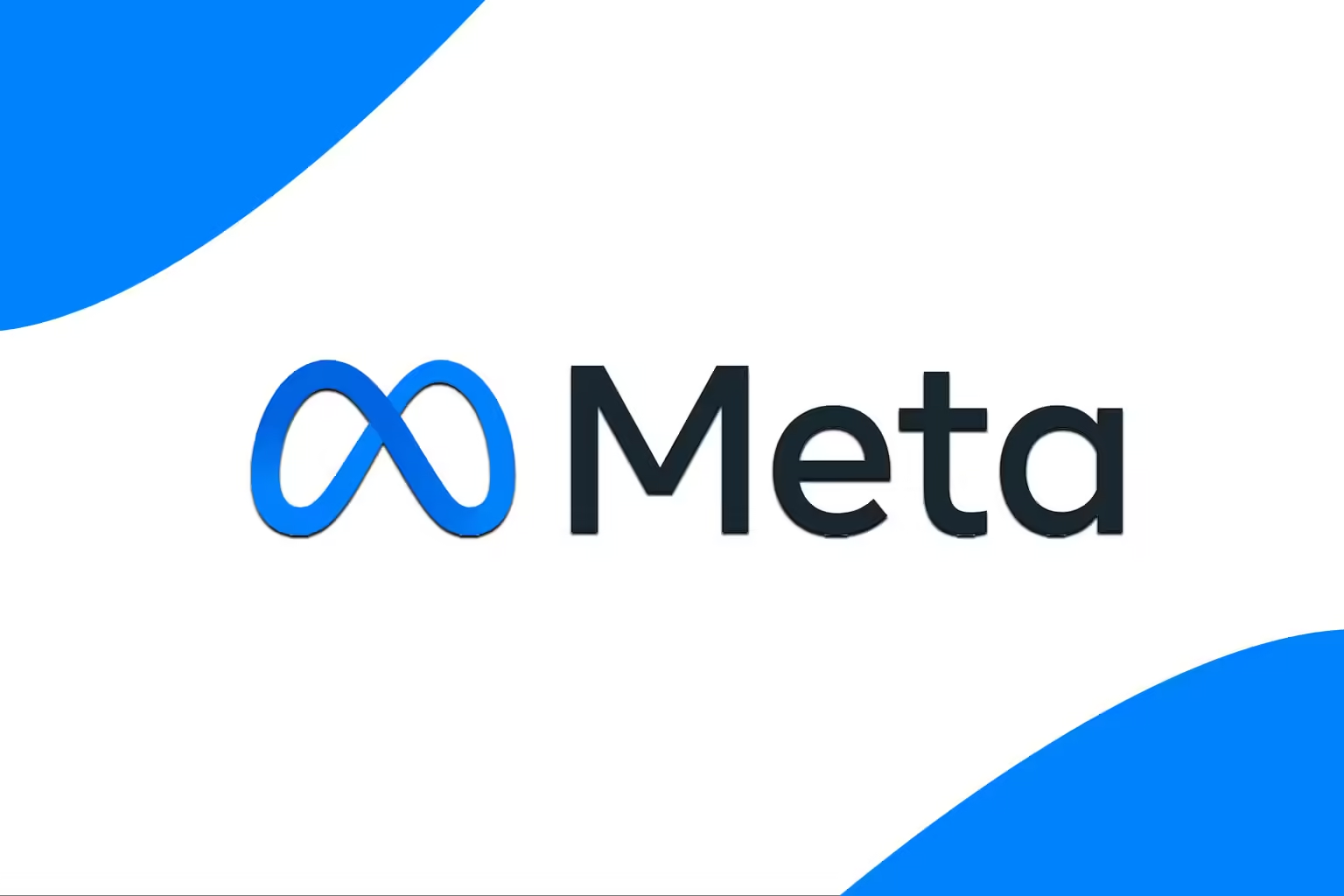
Meta Launches AI ‘Teen Accounts’ to Protect Youth Privacy and Safety
Meta is enhancing teens’ privacy by introducing new “teen accounts” and utilizing AI tools to identify users who are too young for the site. By implementing these measures, Meta addresses concerns about mental health and online safety.
According to reports, users under 18 will switch to new “teen accounts,” which launched in September and feature stricter privacy controls, limiting who can see your messages and content.
Parents and lawmakers are paying more attention to Meta because of concerns about teens’ mental health. Meta is reportedly using AI to identify Instagram users who are underage and are lying about their age, with plans to automatically place these users into private settings that are not accessible to the public.
The “adult classifier” system will look at information from user profiles, follower lists, and even “happy birthday” messages from friends to determine how old they are.
According to reports, the company will switch people under 18 to new “teen accounts,” which launched in September and feature stricter privacy controls like limiting who can see your messages and content.
The third-party service Yoti will check official identification or a video selfie from teenagers who wish to change their age. People aged 16 or 17 can still change settings manually, but younger users need permission from a parent or guardian to remove restrictions.
Several state attorneys general have sued the company, saying that it is contributing to a mental health crisis among teens. This is why the company is taking these new steps.
Challenges in Enforcing Age Limits on Meta’s Platforms
There have also been complaints against the company in the past. In 2021, a whistleblower said that Meta’s research showed Instagram could hurt the mental health of teenage girls.
However, it is still challenging to enforce age limits. A recent study by the UK’s telecommunications regulator found that one-third of minors with social media accounts say they are 18 or older, and many websites still don’t do much to verify users’ ages.
According to reports, Meta stands out from other sites by flagging accounts with the same email address but different birthdays and checking device IDs to identify individuals creating multiple accounts.
Because of the age verification debate, some executives have said that app stores like Google Play and Apple’s App Store could help set age limits. But people from both Apple and Google have said they are worried, citing privacy and data minimization issues.
We are still working on improving the way Meta operates. Despite the ongoing accuracy improvements, users mistakenly labeled as teens may request the lifting of restrictions in the future.


